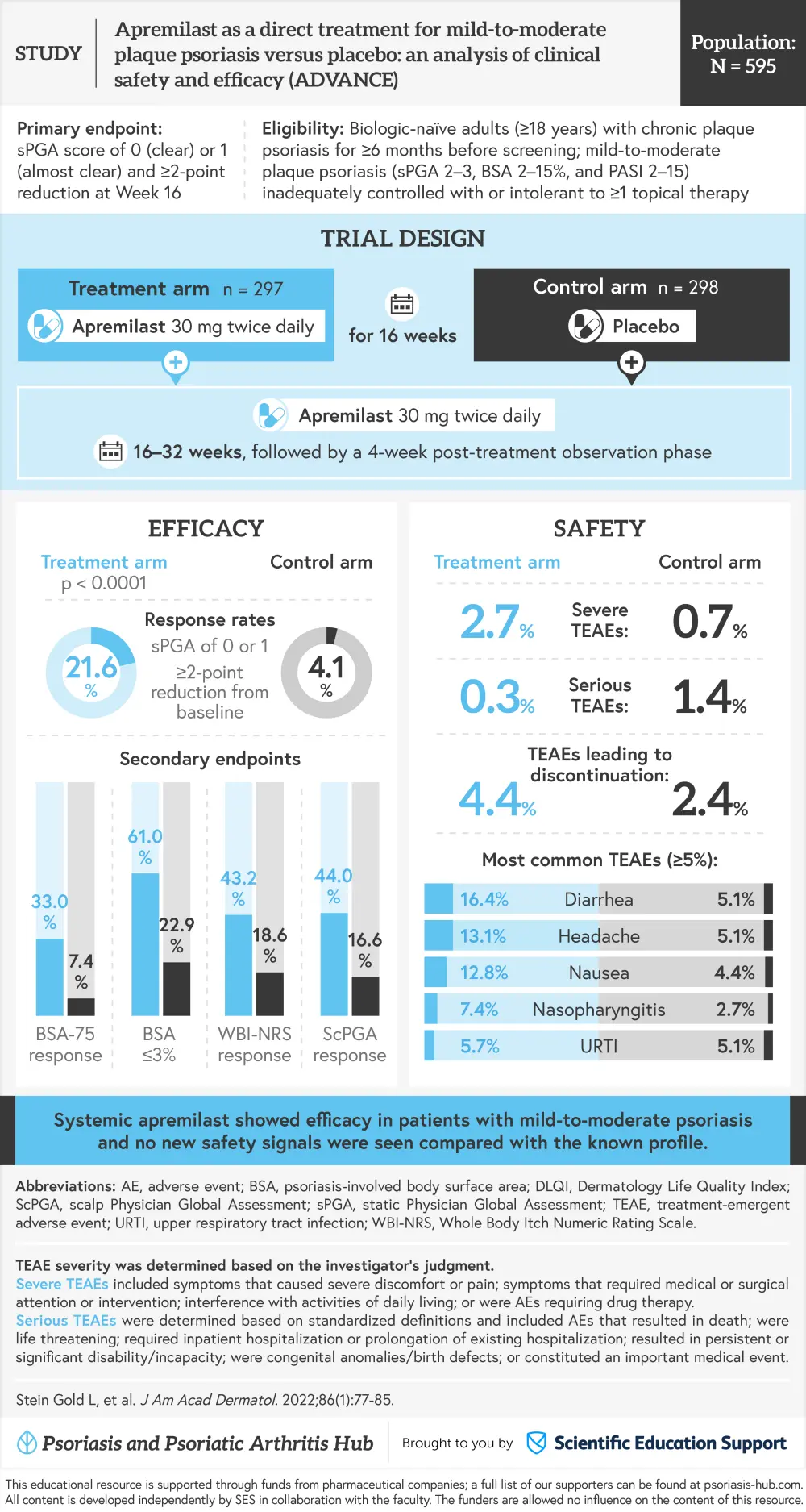All content on this site is intended for healthcare professionals only. By acknowledging this message and accessing the information on this website you are confirming that you are a Healthcare Professional.
The pso Hub website uses a third-party service provided by Google that dynamically translates web content. Translations are machine generated, so may not be an exact or complete translation, and the pso Hub cannot guarantee the accuracy of translated content. The pso and its employees will not be liable for any direct, indirect, or consequential damages (even if foreseeable) resulting from use of the Google Translate feature. For further support with Google Translate, visit Google Translate Help.
The PsOPsA Hub is an independent medical education platform, supported by educational grants. We would like to express our gratitude to the following companies for their support: UCB, for website development, launch, and ongoing maintenance; UCB, for educational content and news updates. Funders are allowed no direct influence on our content. The levels of sponsorship listed are reflective of the amount of funding given.
Now you can support HCPs in making informed decisions for their patients
Your contribution helps us continuously deliver expertly curated content to HCPs worldwide. You will also have the opportunity to make a content suggestion for consideration and receive updates on the impact contributions are making to our content.
Find out more
Create an account and access these new features:
Bookmark content to read later
Select your specific areas of interest
View psoriasis and psoriatic arthritis content recommended for you
Visual abstract | Apremilast in patients with plaque psoriasis
The Psoriasis and Psoriatic Arthritis Hub is pleased to present a visual abstract representing key data from the phase III ADVANCE trial (NCT03721172), which investigated the efficacy and safety of apremilast in patients with mild-to-moderate plaque psoriasis.1 This double blind, placebo-controlled trial investigated systemic apremilast in 595 patients with mild-to-moderate plaque psoriasis that was inadequately controlled or intolerant to ≥1 topical psoriasis agent.1
Apremilast is already used to treat patients with moderate-to-severe plaque psoriasis that has not responded to standard systemic treatment or photochemotherapy and is approved by the European Medicines Agency (EMA)2 and the National Institute for Health and Care Excellence (NICE)3.
More recently, apremilast received U.S Food and Drug Administration (FDA) approval in December 2021 for treatment of all patients with plaque psoriasis, making it the only oral agent that works across all severities.4

References
Please indicate your level of agreement with the following statements:
The content was clear and easy to understand
The content addressed the learning objectives
The content was relevant to my practice
I will change my clinical practice as a result of this content
Your opinion matters
On average, how many patients with plaque psoriasis do you see per month?

